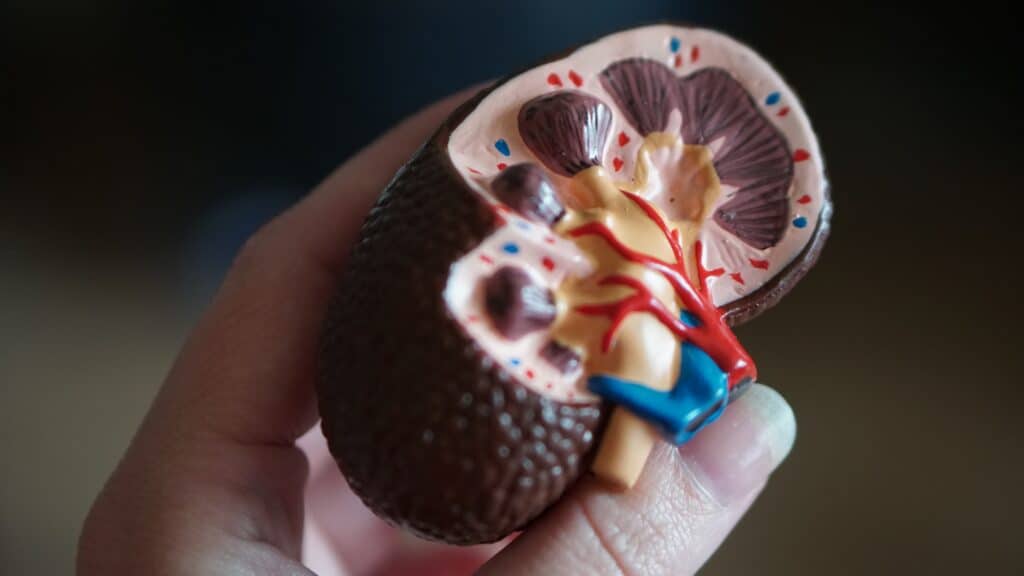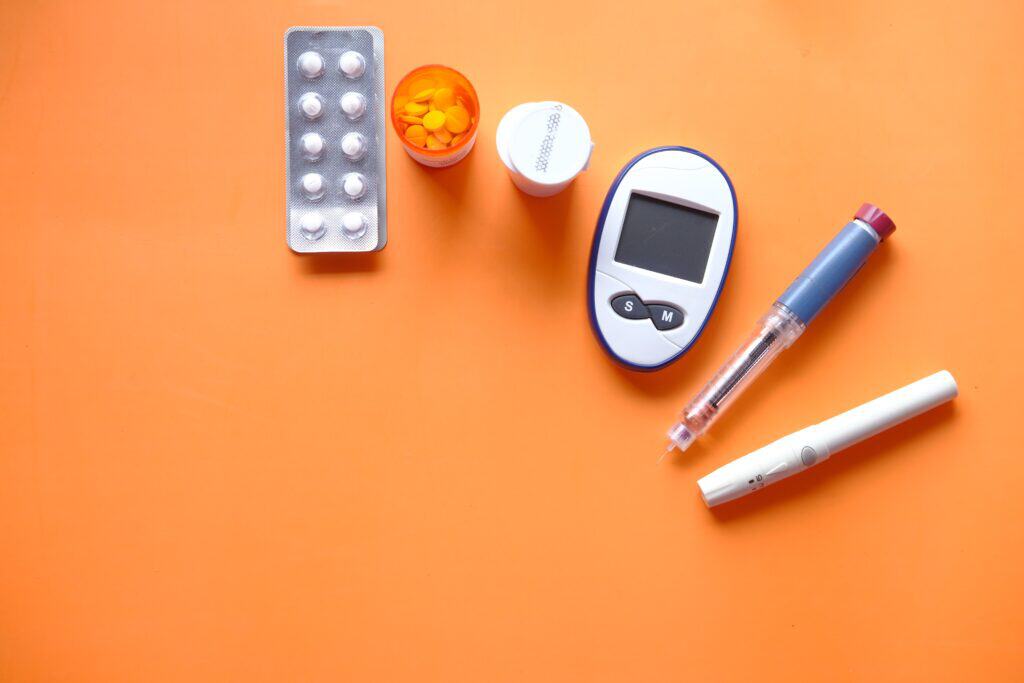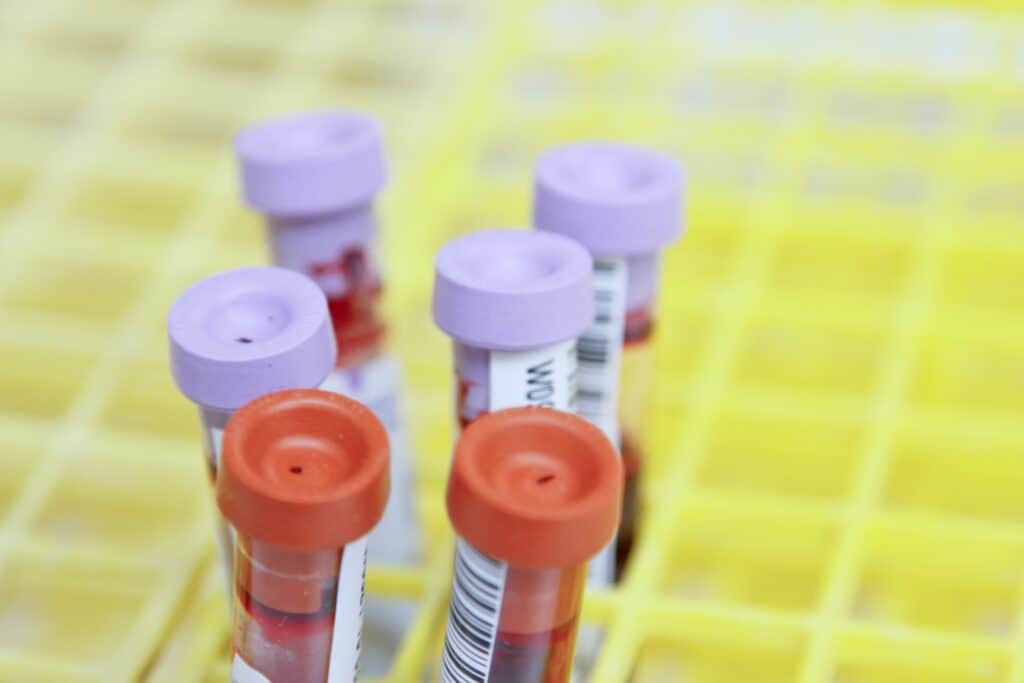Cholesterol is a word that often gets thrown around in discussions about health, but what exactly is it and why is it important? In this article, we will explore what cholesterol is, its role in the human body, the health risks associated with high cholesterol levels, and the importance of getting your lipid levels tested. We will also delve into the differences between LDL and HDL cholesterol and provide demographic-specific statistics to highlight the significance of maintaining healthy lipid levels.
What is Cholesterol and its Role in the Human Body?
Cholesterol is a waxy substance that is produced by the liver and also obtained through certain foods. It plays a crucial role in the body by helping to build cell membranes, produce hormones, and aid in the digestion of fats. However, having too much of it in the blood can lead to serious health problems.
Understanding LDL and HDL Cholesterol
When we talk about cholesterol, it is important to distinguish between LDL (low-density lipoprotein) and HDL (high-density lipoprotein) cholesterol. LDL cholesterol is often referred to as “bad” cholesterol because it can build up in the arteries, leading to atherosclerosis and an increased risk of heart disease. On the other hand, HDL cholesterol is known as “good” cholesterol because it helps remove LDL from the bloodstream, reducing the risk of heart disease.
The Health Risks of High Cholesterol Levels
Having high cholesterol levels can significantly increase the risk of developing heart disease, stroke, and other cardiovascular conditions. It is estimated that over 102 million American adults have total cholesterol levels above the recommended range, with approximately 35 million having levels considered high enough to require medical intervention.
When looking at specific demographics, studies have shown that certain groups are more prone to high levels. For example, African Americans tend to have higher cholesterol levels compared to other racial and ethnic groups. Additionally, individuals with a family history of high cholesterol or heart disease are at an increased risk.
Lifestyle Changes for Optimal Lipid Levels
Making targeted lifestyle adjustments can significantly impact your lipid levels and overall health. Incorporate these changes for a healthier you:
1. Balanced Diet: Prioritize whole foods rich in fiber, antioxidants, and healthy fats. Reduce saturated fats and refined sugars. Include omega-3 fatty acids from sources like fatty fish, flaxseeds, and walnuts.
2. Portion Control: Be mindful of portion sizes to prevent overeating and weight gain. Smaller, frequent meals can help stabilize blood sugar and lipid levels.
3. Regular Exercise: Engage in aerobic activities like walking, jogging, or cycling, combined with strength training. Aim for at least 150 minutes of moderate exercise weekly.
4. Hydration: Drink plenty of water to support metabolic processes and maintain optimal bodily functions.
5. Stress Management: Practice stress-reduction techniques like yoga, meditation, or deep breathing to curb the release of stress hormones that affect lipid levels.
6. Adequate Sleep: Prioritize 7-9 hours of quality sleep nightly. Poor sleep patterns can negatively impact metabolism and lipid regulation.
7. Alcohol Moderation: If you consume alcohol, do so in moderation. Limiting alcohol intake can aid in controlling triglyceride levels.
8. Smoking Cessation: Quit smoking to improve your overall cardiovascular health, as smoking adversely affects lipid profiles.
9. Weight Management: Achieve and maintain a healthy weight. Even modest weight loss can positively influence lipid levels.
10. Regular Monitoring: Work with a healthcare professional to monitor your lipid levels and adjust your lifestyle accordingly.
By committing to these changes, you’ll be taking proactive steps towards achieving healthier lipid levels and reducing your risk of cardiovascular diseases.
The Importance of Getting Your Lipid Levels Tested
Regularly getting your lipid levels tested is crucial for maintaining good health. Lipid panel tests measure the levels of total cholesterol, LDL cholesterol, HDL cholesterol, and triglycerides in your blood. By knowing your lipid levels, you can take proactive steps to manage your health and reduce the risk of developing heart disease.
It is recommended that adults aged 20 years or older have their lipid levels checked at least once every four to six years. However, if you have a family history of high cholesterol or other risk factors, such as obesity or diabetes, more frequent testing may be necessary.
Understanding lipid levels is essential for maintaining good cardiovascular health. By knowing your levels and taking steps to manage them, you can significantly reduce the risk of heart disease and other related conditions. Remember to consult with your healthcare provider to determine the best course of action based on your individual circumstances. Take control of your health today by getting your lipid levels tested at any Bio-Test Laboratory location by clicking here.





